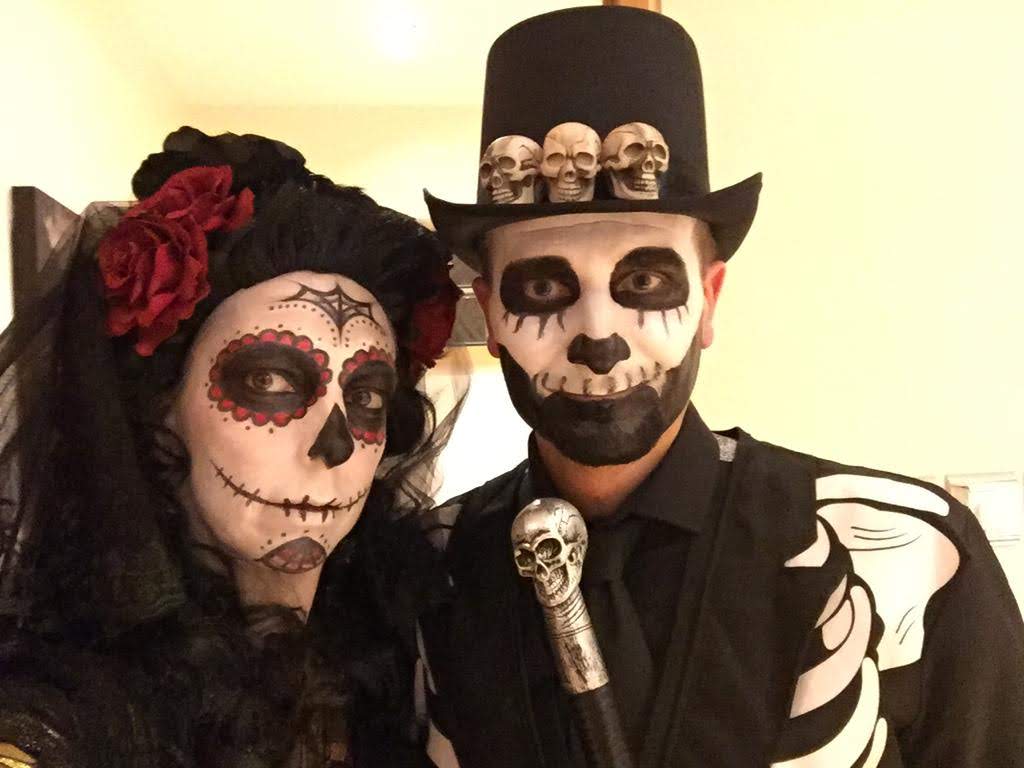“AI is a slot machine for the imagination”
Thoughtful piece about AI tools and creativity on the Bulletin of Atomic Scientists:
Promoters of AI tools like to talk about user creativity. But I’ve found the relationship between my prompts and results to be unsatisfyingly obscure. It’s almost impossible to know what difference using one input word versus another makes, since the algorithms that produce the resulting text or images are entirely locked down and inaccessible. Further, all algorithms have computational bias. They allow certain possibilities and preclude others. This bias is often hidden to the user. If users don’t know why the model responds as it does, or what data it’s using, or how adjusting the code might affect the outcomes, the only real pleasure is in seeing the result. And then seeing what they get if they try it again. What will it make if they do it now? Or what if they change a word and try again? Pay another nickel and pull the lever one more time.
These tools represent the complete corporate capture of the imagination, that most private and unpredictable part of the human mind. Professional artists aren’t a cause for worry. They’ll likely soon lose interest in a tool that makes all the important decisions for them. The concern is for everyone else. When tinkerers and hobbyists, doodlers and scribblers—not to mention kids just starting to perceive and explore the world—have this kind of instant gratification at their disposal, their curiosity is hijacked and extracted. For all the surrealism of these tools’ outputs, there’s a banal uniformity to the results. When people’s imaginative energy is replaced by the drop-down menu “creativity” of big tech platforms, on a mass scale, we are facing a particularly dire form of immiseration.
